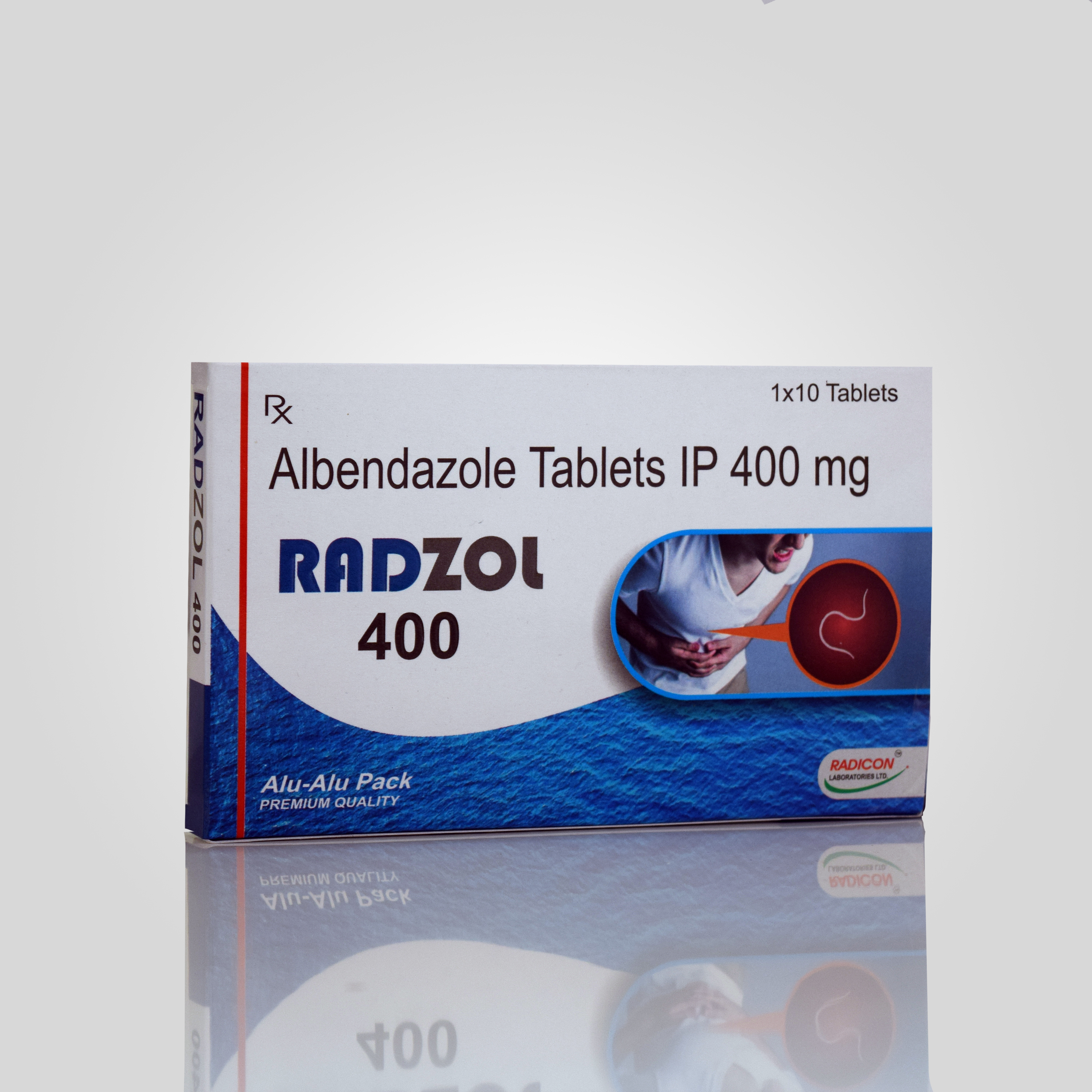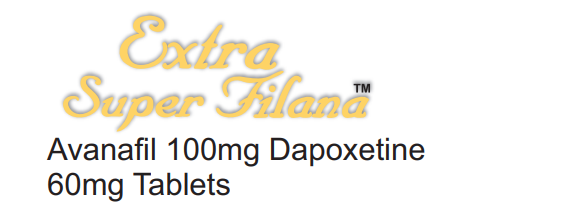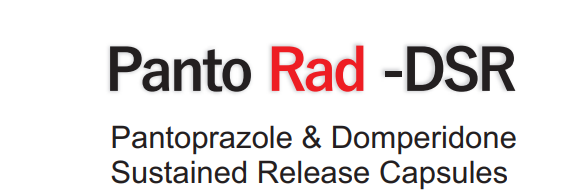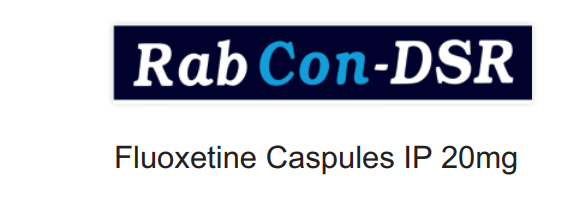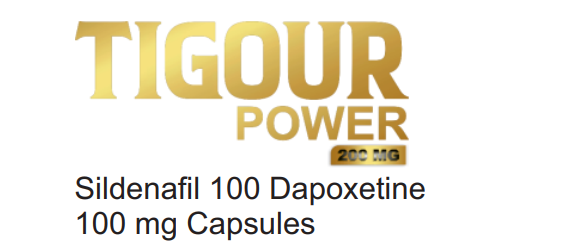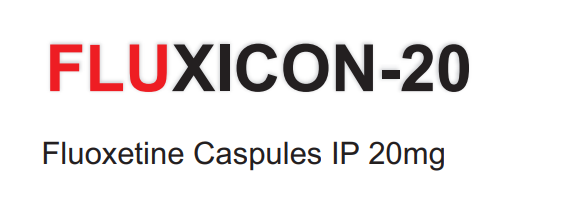At Radicon Laboratories Ltd we are committed to advancing healthcare through the development and distribution of high-quality pharmaceutical products. One of our flagship products, RADZOL Tablets, has been designed with precision to address critical health needs. In this blog, we will delve into the technical aspects, uses, benefits, and other essential information about RADZOL Tablets, ensuring you have a comprehensive understanding of its role in medical treatments.
What Are RADZOL Tablets?
RADZOL Tablets are a specialized pharmaceutical product manufactured by Radicon Laboratories Ltd. These tablets are formulated with the active ingredient Omeprazole, a proton pump inhibitor (PPI). Omeprazole works by inhibiting the proton pumps in the stomach, which are responsible for secreting gastric acid. As a result, RADZOL Tablets help reduce the amount of acid in the stomach, making it an effective treatment for various acid-related disorders.
RADZOL Tablets are primarily prescribed to treat conditions like gastroesophageal reflux disease (GERD), peptic ulcers, and Zollinger-Ellison syndrome, where controlling stomach acid is a critical component of the treatment plan.
How RADZOL Tablets Work
The active ingredient in RADZOL Tablets, Omeprazole, is a potent proton pump inhibitor (PPI). By inhibiting the H+/K+ ATPase enzyme in the parietal cells of the stomach, Omeprazole prevents the final step in the production of gastric acid. This action decreases the acidity in the stomach, thereby relieving symptoms associated with excess stomach acid such as heartburn, acid reflux, and ulcers.
The proton pump inhibition provided by RADZOL Tablets offers long-lasting effects, with the medicine typically working within an hour of ingestion and providing relief for up to 24 hours. This extended duration of action is particularly beneficial for patients who need ongoing control over their gastric acid production.
Medical Conditions Treated by RADZOL Tablets
RADZOL Tablets are prescribed for a range of medical conditions that involve excessive gastric acid production or damage to the gastrointestinal (GI) tract due to acid exposure. These conditions include:
- Gastroesophageal Reflux Disease (GERD): GERD occurs when stomach acid frequently flows back into the esophagus, leading to irritation and heartburn. RADZOL Tablets help control acid production, alleviating these symptoms and preventing long-term esophageal damage.
- Peptic Ulcers: Peptic ulcers are open sores that develop on the inner lining of the stomach or the upper part of the small intestine. RADZOL Tablets promote healing by reducing stomach acid and providing relief from ulcer-related pain.
- Zollinger-Ellison Syndrome: This is a rare condition in which tumors in the pancreas or duodenum cause excessive gastric acid production. RADZOL Tablets help manage this overproduction, offering patients much-needed symptom relief.
- Helicobacter Pylori Eradication: In combination with antibiotics, RADZOL Tablets can be used to treat H. pylori infections, which are a common cause of peptic ulcers.
- Prevention of NSAID-Induced Ulcers: Nonsteroidal anti-inflammatory drugs (NSAIDs) can increase the risk of developing stomach ulcers. RADZOL Tablets can be prescribed to prevent these ulcers in patients requiring long-term NSAID therapy.
Key Benefits of RADZOL Tablets
RADZOL Tablets offer several advantages in managing acid-related disorders, making them a preferred choice for many healthcare providers. The key benefits include:
- Effective Acid Suppression: RADZOL Tablets provide long-lasting relief from symptoms related to excess stomach acid, such as heartburn, acid reflux, and gastric discomfort. This makes it a reliable treatment for chronic conditions like GERD.
- Promotes Healing of Stomach Ulcers: By reducing stomach acid, RADZOL Tablets create an environment conducive to the healing of peptic ulcers, which can be aggravated by excessive acid.
- Minimizes Risk of Esophageal Damage: In patients with GERD, prolonged acid exposure can lead to serious complications, including esophagitis and esophageal cancer. RADZOL Tablets help mitigate these risks by controlling acid production.
- Combination Therapy: RADZOL Tablets can be used in conjunction with antibiotics to eradicate H. pylori infections, a common cause of peptic ulcers.
- Prevents Ulcers in High-Risk Patients: RADZOL Tablets are useful for preventing ulcers in patients who need long-term NSAID therapy, offering gastroprotective benefits.
Dosage and Administration of RADZOL Tablets
The dosage of RADZOL Tablets depends on the specific condition being treated, as well as the patient’s individual needs. It is important to follow the prescribing doctor’s instructions to ensure optimal results. Below are the general dosage guidelines for RADZOL Tablets:
- For GERD: The standard dosage is one tablet (20 mg) once daily, typically taken in the morning before a meal. In more severe cases, the dose may be increased to 40 mg per day.
- For Peptic Ulcers: The usual dosage is 20 mg to 40 mg per day, taken once daily.
- For Zollinger-Ellison Syndrome: Higher doses, typically ranging from 60 mg to 120 mg per day, may be prescribed. The dosage may be adjusted based on the patient’s response.
It is important to note that RADZOL Tablets should be swallowed whole, and they should not be chewed or crushed, as this may interfere with their effectiveness. The tablet can be taken with or without food, and patients should follow the prescribed dosage and schedule to achieve the best results.
Potential Side Effects of RADZOL Tablets
While RADZOL Tablets are generally well-tolerated, some patients may experience side effects. The most common side effects include:
- Headache
- Diarrhea
- Nausea or vomiting
- Abdominal pain or discomfort
In rare cases, patients may experience more serious side effects, such as:
- Severe allergic reactions, including rash, itching, and swelling
- Liver dysfunction, which may manifest as jaundice or dark urine
- Kidney problems, leading to reduced urine output or swelling in the legs and feet
If any serious side effects occur, patients should contact their healthcare provider immediately.
Interactions with Other Medications
RADZOL Tablets may interact with other medications, potentially affecting their efficacy or increasing the risk of side effects. Some known interactions include:
- Clopidogrel: RADZOL Tablets can reduce the effectiveness of clopidogrel, a blood thinner, by inhibiting its conversion to its active form.
- Warfarin: Combining RADZOL with warfarin, a blood thinner, may increase the risk of bleeding.
- Antifungal medications: Certain antifungal drugs, such as ketoconazole, may have reduced absorption when taken with RADZOL Tablets.
- Iron supplements: RADZOL Tablets may interfere with the absorption of iron, potentially leading to iron deficiency.
It is essential for patients to inform their healthcare providers of all medications they are taking, including over-the-counter drugs and supplements, to avoid potential interactions.
Conclusion
RADZOL Tablets are a trusted solution for managing acid-related gastrointestinal disorders, offering both immediate and long-term relief for conditions such as GERD, peptic ulcers, and Zollinger-Ellison syndrome. By reducing stomach acid, RADZOL Tablets help promote healing, prevent complications, and improve patients’ quality of life. As a leading product from Radicon Laboratories Ltd, RADZOL Tablets exemplify our commitment to providing effective, scientifically-backed healthcare solutions.
Always follow the prescribed dosage and consult with a healthcare provider before starting or adjusting treatment. With RADZOL Tablets, patients can experience improved digestive health and a better overall quality of life.

